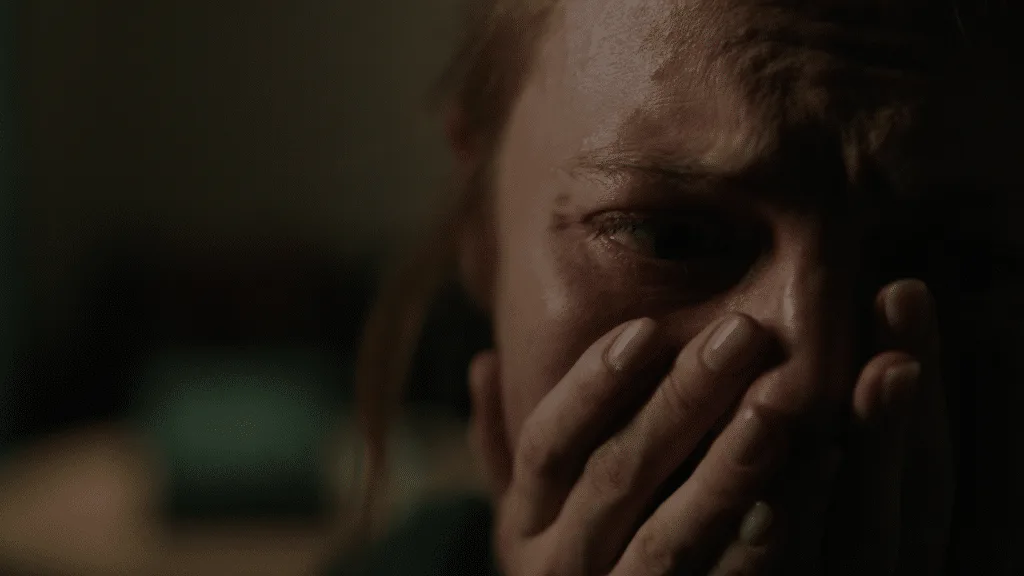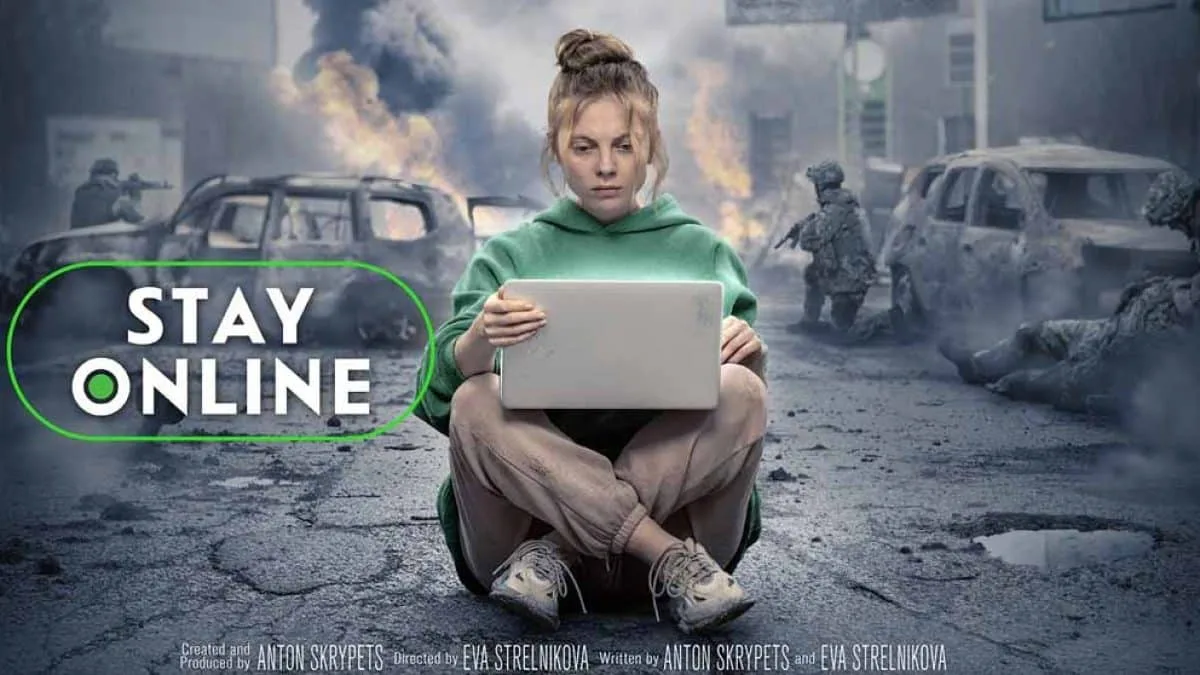
Слава Україні Героям слава!
Glory to Ukraine, Glory to the Heroes!
In the early hours of February 22nd, 2022, the Russian state began an illegal and unprovoked military invasion of the sovereign state of Ukraine, heralded by a nationwide blitzkrieg air attack. The country was thrown into instant chaos, as two million people fled their homes to seek refuge in the westernmost city of Lviv and flooded across the borders into Poland and Romania. Families were torn apart by the need to evacuate children and the vulnerable out of harm’s way, while fighting-aged men, required to remain within the country, joined the armed forces of Ukraine and volunteer bands in droves.
Smartphones and laptops became essential devices in both keeping in touch with loved ones, and in the battle for the country. They were used by civilians and military alike to gather intelligence, capture evidence of war crimes and to track down Russian war criminals who were, in a mixture of arrogance and stupidity, prone to moving about leaving useful electronic and social media traces behind them. The film Stay Online (dir: Eva Strelnikova) is a tense and moving exploration of not just the horrors of war and the inevitable fracturing of innocence, but also this peculiarly Ukrainian wartime weaponization of social media.
The story centres on a young woman, Katya, a volunteer currently confined to a claustrophobic existence between her kitchen table and waiting out the frequent air alarms in her bathtub, while occasionally messaging with a dashing foreign friend, Ryan (Anton Skrypets). Ryan is working with a volunteer group doing the grim work of matching IDs to the bodies of civilians cynically slaughtered in their cars, in so-called civilian corridors opened by the Russians to allow them passage away from the fighting. Katya’s brother Vitya (Oleksandr Rudenskyy) and their Uncle Tolik (Oleksandr Yarema) have joined the Territorial Defence Forces and have asked her to install a GPS tracker app on a donated civilian laptop before passing it onto them. It is through Katya’s use of this laptop that we are to witness the Russian occupation of Ukraine, and the subsequent confusion, dangers and quickly multiplying griefs and traumas heaped upon the Ukrainian people.
The desktop, its messaging apps, social media accounts, news headline alerts, video calls and views of Katya through its webcam frame the action throughout and are the sole lens through which the story is told. A risky approach, on the face of it. It does feel gimmicky at first. There’s an awful lot to read, and fast, as Katya moves smoothly between apps keeping up with Vitya and Ryan, engages in a lively video chat-based slanging match with the mother of a Russian soldier, and digs into the life of the laptop’s original owner, a man named Andriy, via his chats, photos, contacts and calendar. It’s dizzying, frantic, and confusing, in a way that probably accurately reflects the fog of war.
But it’s clever, this film, in keeping our focus. The casting of actress Ekaterina Kiston as Katya is key as the emotional core of the film, her face in close-up for a significant proportion of the nearly two-hour running time. All large expressive eyes, baggy sweatshirt and unbrushed hair, she succeeds in a tense naturalism, showing us the fraught emotions of someone stuck in events well beyond their control, attempting to slowly taking back a small measure of power for herself and others.
After the first few chaotic minutes, a clear narrative is established – Katya receives a call from Sava, the young, Spiderman-obsessed son of Andriy, now stuck in the children’s refugee centre in Lviv. Sava is trying to find his father and mother, who after evacuating him to relative safety in Lviv, had stayed on at their home in Bucha, west of Kyiv, but have now gone mysteriously silent and unreachable. Hindsight allows us to be ahead of Katya in understanding the survival stakes have just been raised, Bucha being where something so terrible happened that it ceased to be just a place name and became a global reference to a dreadful event – an orgy of torture, rape and the mass murder of 681 Ukrainian civilians by the occupying 64th Motorized Brigade of the Russian Armed Forces, aided and abetted by Kadyrovite (Chechen) soldiers and brutal mercenary outfit Wagner Group PMC. If Sava’s parents are in Bucha, or were part of convoys in the civilian corridors allowed by the Russians that they subsequently used for civilian target practice, this is very, very concerning.
Katya of course doesn’t know the extent of what the Russians are doing in Bucha as it is yet to be liberated, but she decides to try to help this distressed child in any way she can – initially winning his trust through appropriating a cod-superhero persona (‘SuperKatya’) and persuading him to not run away from the refugee centre clad in his Spiderman mask to try to find his parents, while she engages the services of the highly personable Ryan, Vitya and Uncle Tolik to help to find Sava’s missing family. This eventually plunges the volunteers into a rescue mission in enemy territory, from which Katya’s expert navigation of the internet and GPS tracking proves the only hope of survival.
As more and more dreadful images and worse news filters through to Katya through her apps, the superhero act falls apart, and with it the juvenile and shallow, costumed power fantasies of brute physical strength and inevitable victorious outcomes of Marvel and Hollywood films. We are left to consider what a hero actually is in the reality of a wartime landscape, and why we must hail them. Heroism in this film is mired in blood, heartbreak, the sacrifice of one’s own safety for the greater good and the lives of others – and is often found in strange places and stranger people. It is doubtless still being found in spades in Ukraine, now in the second year of the war against the Russian invaders, every single day.
Stay Online (2023) featured at the Fantasia International Film Festival.
